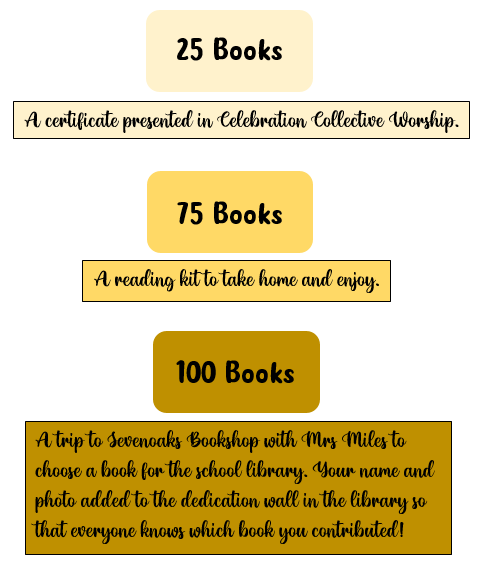English
Reading
Reading is at the heart of everything we do at St John’s. The teachers and the children know that reading is the key to accessing a full and varied curriculum. Reading whole class quality texts as a basis for English and many other subjects makes sure that children are exposed to the best in children’s literature and a full range of genres.

Phonics and Early Reading
The children’s reading journey at St John’s starts in Reception through the Little Wandle programme for phonics (for more information click here.) The children learn all the letters and sounds in a specific order to help them learn to blend and segment words right from the start. Children’s progress in phonics is closely tracked and children are regularly assessed and regrouped as appropriate. The children in Reception and Key Stage 1 have reading practise sessions with an adult using the Little Wandle scheme books allowing them to use the skills they learn in phonics lessons. They then bring this book home to show off to parents, grandparents, siblings and anyone else who will listen!
Reading in KS2
The children’s reading journey continues to develop in Key Stage 2 where children have access to a wide range of new and exciting fiction texts. Teachers support children to find books that will challenge and extend their reading ability, taking into account the children’s interests and tastes. Classes in Key Stage 2 take part in whole class reading lessons to work on the important skills needed to understand more complex texts such as inference, retrieval, vocabulary, prediction and summarising as well as continuing to develop fluency.
Reading Across the Curriculum
We ensure that once children are fluent readers, they have wide opportunities to read across the curriculum, deepening their knowledge and growing their vocabulary. In each class, there is a ‘Wonderbox’ of books for each term. These are a mixture of high quality non-fiction and fiction books based on topics covered in all subjects such as art, history, R.E., geography and science. These books are mapped out across school. They also support teachers in choosing high quality books to share during daily story time.
Reading for Pleasure
Reading for pleasure is always high on the agenda at St John’s. We have a range of different events and routines that take place throughout the year to keep the children’s love of reading alive. From the fantastic new school library to book buddy reading sessions to visits from authors – there is a real buzz about reading at St John’s!
100 Book Challenge
Below are the book lists for each year group with the book titles for the 100 Book Challenge. The lists contain a variety of texts - some will be classics, some will be new to you, comics, poems, fiction and non-fiction to get stuck into! Keep track of the books you have read and let your teacher know when you reach one of the milestones. Happy reading everyone!

Writing
The Write Stuff
At St John’s, children write for a purpose. They learn features specific to different genres and technical skills during English lessons where teachers use ‘The Write Stuff’ approach. This takes the mystery out of being an author and allows children to investigate a variety of writing styles and the mechanics behind them. Reading is a fundamental part of English lessons and units of English work are planned around and based on a quality text. Texts are mapped out across school to link with topics where appropriate and to ensure coverage of a range of genres, themes, fiction, non-fiction, poetry, plays, authors, classical texts, new releases and best -selling authors. Teaching sequences are composed from a mixture of experience days, sentence stacking lessons and independent writing sessions.
Writing Across the Curriculum
With these techniques firmly embedded during English lessons, the children become confident writers when applying their skills to other areas of the curriculum. Whether they are writing a diary entry for History, giving a scientific explanation or planning a script for a television news report in Geography, the children are aware of their audience and the need to vary their writing style. The children show their confidence and fluency through the writing they complete independently such as letters to authors, recipes for competitions and some particularly persuasive writing to ask for football to be played every day at lunchtime!
